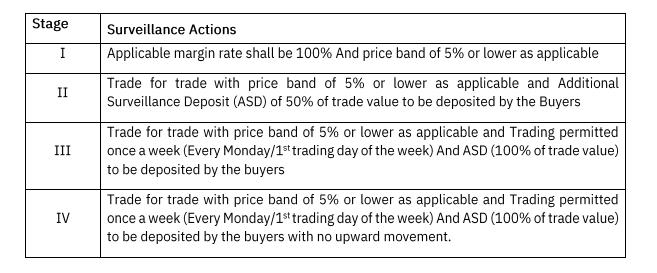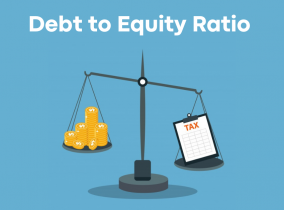
What Is An ASM And GSM List? Why Impact Does It Have On Investors?
ASM and GSM what impact does it have on investors?
Slide 1-
Additional Surveillance Measure (ASM) and Graded Surveillance Measure (GSM) are measures taken by SEBI through which they impose trading curbs on stocks that are extremely volatile.
Slide 2-
Measures like these in addition to others (like price band, periodic call option etc) help to protect investors by controlling speculative activities.
Slide 3-
ASM: Additional Surveillance Measure
ASM essentially puts restrictions on intraday trading in stocks by disabling margin trading i.e brokers have to collect 100% margin on stocks in ASM.
The objective is to discourage traders to take heavy positions in these stocks and give stability to the prices.
Slide 4-
What does it imply
A stock that enters the list is moved into a 5% price band the next day.
The stock will be halted from trading for the rest of the day if it breaches the 5 per cent limit.
From the fifth trading day, a 100% margin is required.
The Exchanges conduct reviews every two months and stocks can move in and out of the list.
Slide 5-
The SEBI adds a stock to the ASM if it meets ANY of the criteria below:
1) The Spread is > 200% in the last 3 months, and the concentration of top 25 clients is > 20%.
2) The spread is > 200% and the stock has hit the price band > 30% of the time.
3) The stock has a negative PE and has shown a price movement of >100% in the last 30 trading days and the concentration of top 25 clients is >30%.
Slide 6-
4) A stock with a market cap over ₹500 crores whose price has moved >100%, the, spread is > 200% in the last 365 days and >50% in the last 90 trading days
5) A stock with a market cap above ₹500 crore where the concentration of top 25 clients in a quarter is greater than or equal to 50% and five or more of these clients have 50% or more of their trading activity in it.
Slide 7-
GSM: Graded Surveillance Measures
Through GSM, the SEBI focuses on stocks with abnormal price movements not justified by their fundamentals.
The SEBI wants to identify these stocks with a potential chance for misconduct (due to their illiquid nature and subpar fundamentals) to safeguard investor interests.
This review process is conducted twice in a year (along with quarterly reviews)
Slide 8-
The stock is put into one of the four stages of surveillance.

Tags:Investing








